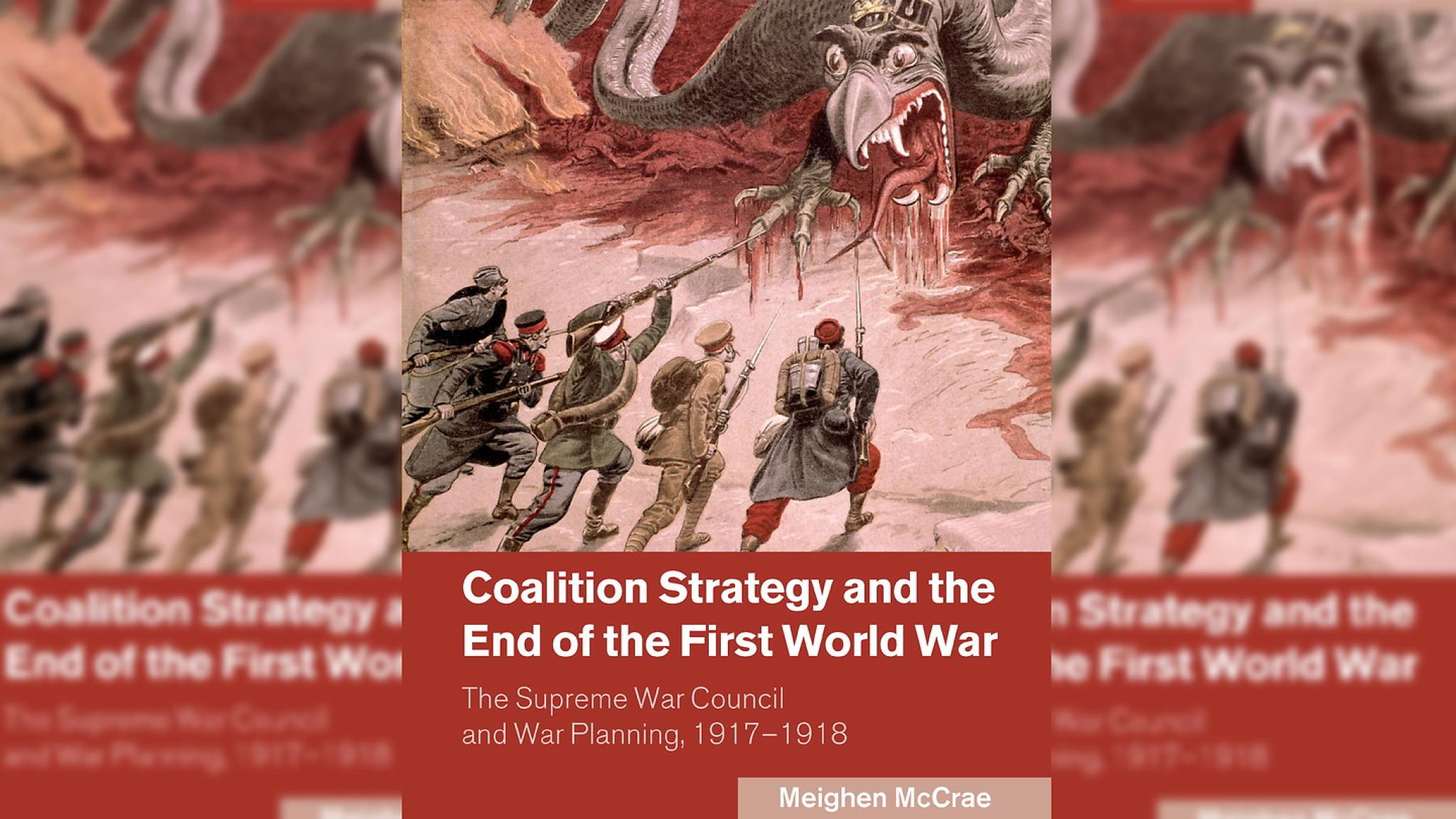November 1917 was a bleak month for the Allies; the Italians had suffered a crushing defeat at Caporetto; the British were concluding their infamous Passchendaele campaign; the French Army seemed spent; revolution was taking Russia out of the war; and American reinforcements were arriving too slowly for their allies and were mostly unready to fight. It was also in this month that the British, French, American and Italian governments created the Supreme War Council (SWC) to better co-ordinate their coalition’s war effort. This talk will investigate the depth of Allied planning for a campaign in 1919 through the mechanism of the SWC. It compares the perspectives of the British, French, American and Italian representatives and their willingness (or otherwise) to coordinate national needs with alliance imperatives.
Dr Meighen McCrae is a Lecturer in the Strategic and Defence Studies Centre at ANU. She recently joined SDSC from Aberystwyth University and before that was in the Defence Studies Department, King’s College London. A graduate of the University of Oxford, her areas of specialisation are the First World War, how coalitions fight wars and create peace, and notions of ‘victory’. Her forthcoming monograph, Coalition Strategy and the End of the First World War: The Supreme War Council and War Planning, 1917–1918 (Cambridge University Press) is the basis for this seminar.
Join us for an informative talk on the formation and role of the Supreme War Council (SWC), created in November 1917 by the British, French, American, and Italian governments to better coordinate their coalition's war effort. This talk will investigate the depth of Allied planning for a campaign in 1919 through the mechanism of the SWC, comparing the perspectives of the national representatives and their willingness to coordinate national needs with alliance imperatives amidst the bleak circumstances of the time.
